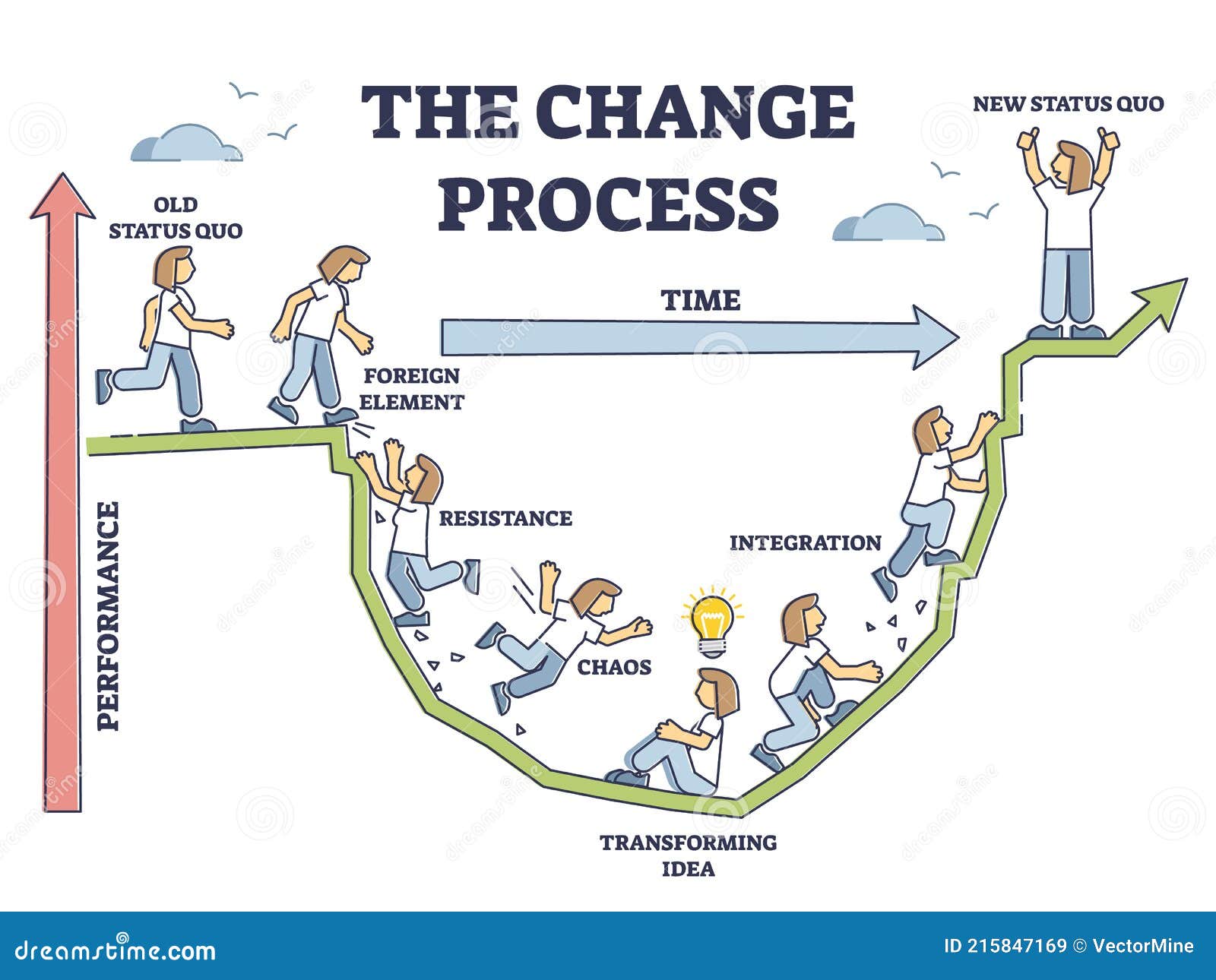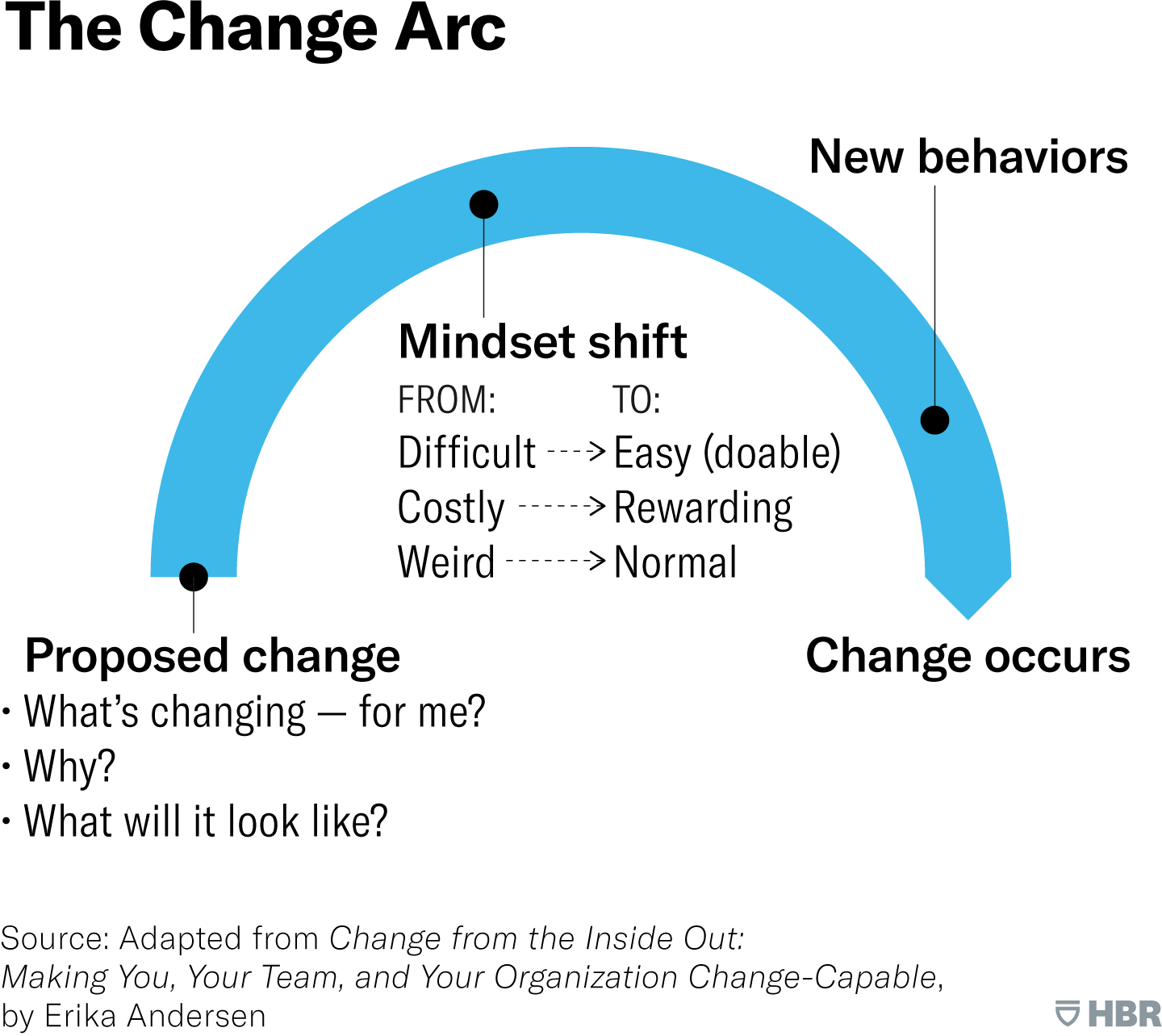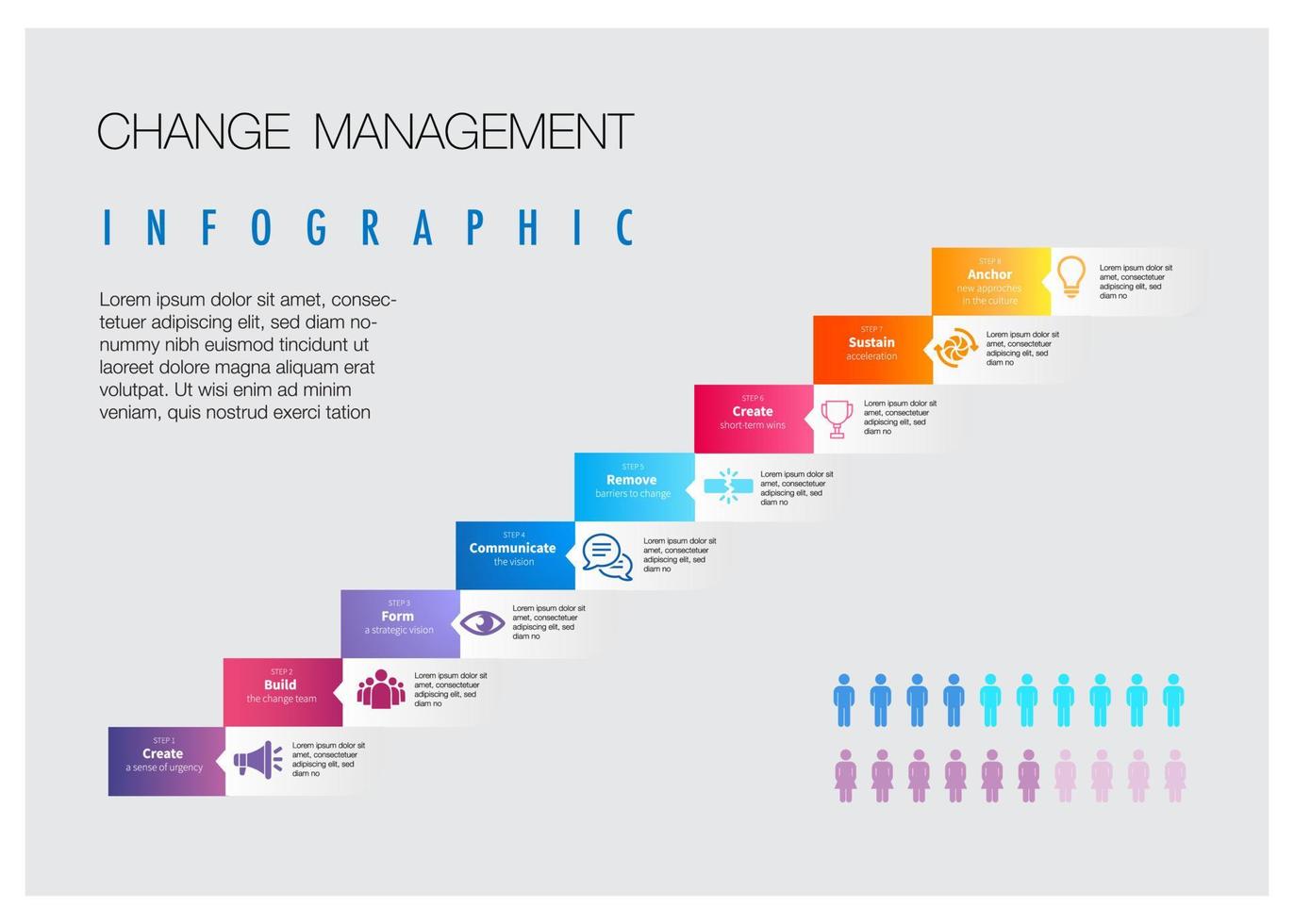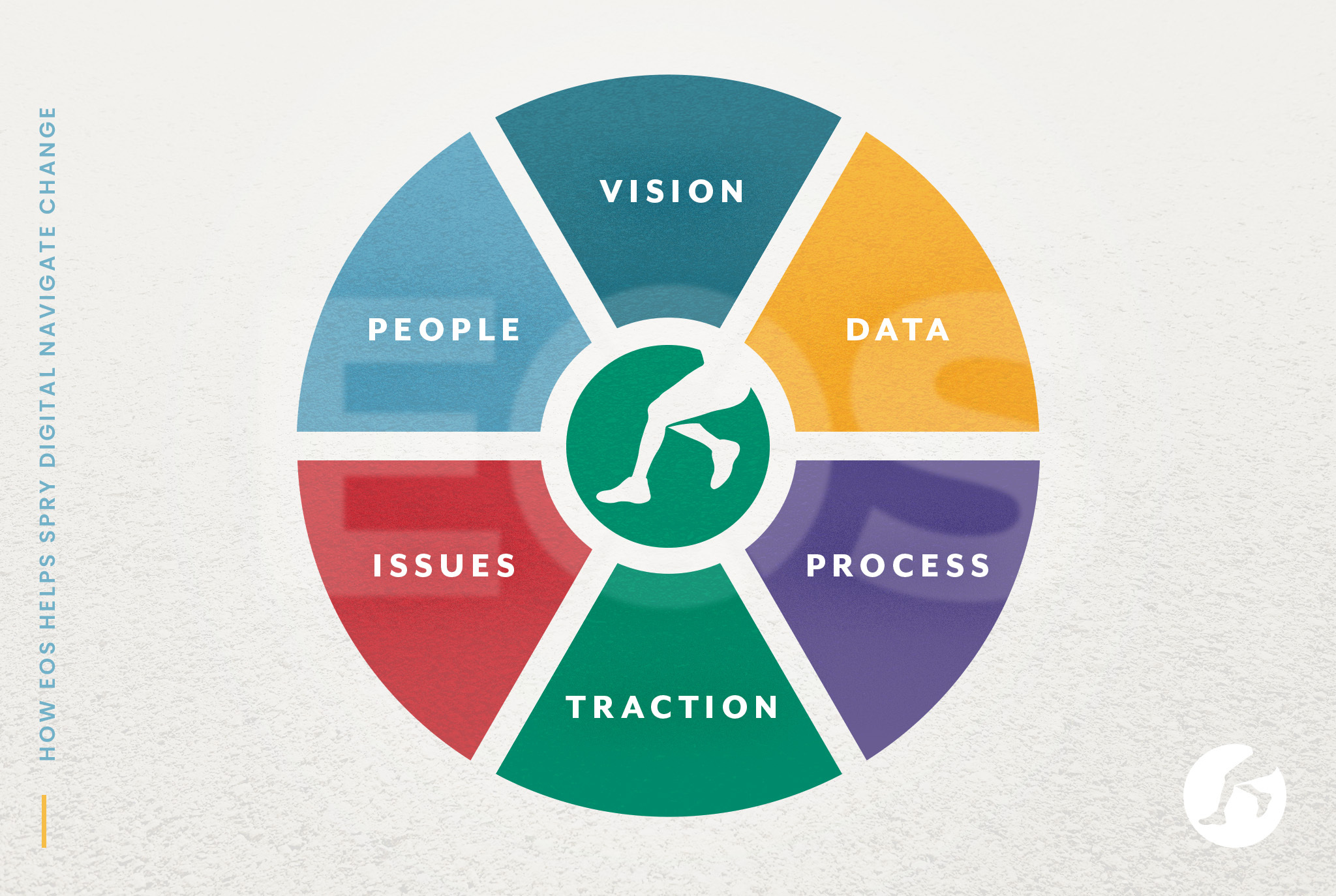
Change is an inevitable part of life, and it can be both exciting and intimidating. Whether it's a new job, a move to a new city, or a significant life event, change can bring about a mix of emotions. While some people thrive in the face of change, others may struggle to adapt. Understanding how to navigate change over time is crucial for personal growth, relationships, and overall well-being.
Change is a natural process that can be driven by various factors, including personal choices, external circumstances, and unexpected events. It's essential to recognize that change is not always easy, but it can also be an opportunity for growth, learning, and transformation. Embracing change requires a willingness to let go of the past, be open to new experiences, and adapt to new situations.
Understanding the Process of Change

The process of change involves several stages, including:
Pre-contemplation: This is the initial stage where individuals may not be aware of the need for change or may be resistant to it. Contemplation: In this stage, individuals begin to recognize the need for change and start to weigh the pros and cons of making a change. Preparation: This stage involves preparing for change, setting goals, and developing a plan. Action: This is the stage where individuals take concrete steps towards making a change. Maintenance: In this final stage, individuals work to maintain the change and prevent relapse.
Theories of Change

Several theories of change have been developed to explain the process of change, including:
Lewin's Change Management Model: This model proposes that change involves three stages: unfreezing, changing, and refreezing. Prochaska's Transtheoretical Model: This model describes the process of change as a series of stages, including pre-contemplation, contemplation, preparation, action, and maintenance. Kotter's 8-Step Change Model: This model outlines eight steps for successful change, including establishing a sense of urgency, creating a guiding coalition, and anchoring new approaches in the culture.
Coping with Change

Coping with change requires a range of strategies, including:
Self-awareness: Understanding one's own thoughts, feelings, and behaviors is essential for coping with change. Emotional regulation: Learning to manage emotions, such as anxiety and stress, is critical for navigating change. Social support: Building a support network of friends, family, and colleagues can help individuals cope with change. Resilience: Developing resilience, including skills such as problem-solving and adaptability, can help individuals bounce back from setbacks.
Building Resilience

Building resilience involves developing a range of skills, including:
Problem-solving: Learning to approach problems in a logical and methodical way can help individuals build resilience. Adaptability: Developing the ability to adapt to new situations and challenges can help individuals cope with change. Self-care: Engaging in self-care activities, such as exercise and meditation, can help individuals build resilience. Reframing: Learning to reframe negative thoughts and emotions can help individuals build resilience.
Navigating Change in Relationships

Navigating change in relationships requires a range of strategies, including:
Communication: Effective communication is critical for navigating change in relationships. Empathy: Understanding and empathizing with others can help individuals navigate change in relationships. Flexibility: Being flexible and adaptable can help individuals navigate change in relationships. Trust: Building trust can help individuals navigate change in relationships.
Maintaining Relationships During Change

Maintaining relationships during change requires a range of strategies, including:
Regular communication: Regular communication can help individuals maintain relationships during change. Emotional support: Providing emotional support can help individuals maintain relationships during change. Shared activities: Engaging in shared activities can help individuals maintain relationships during change. Flexibility: Being flexible and adaptable can help individuals maintain relationships during change.
Conclusion
Navigating change over time requires a range of strategies, including understanding the process of change, coping with change, building resilience, and navigating change in relationships. By developing these skills, individuals can build the confidence and competence to navigate change successfully. Remember, change is an inevitable part of life, and it's up to each individual to choose how they respond to it.
What is the process of change?
+The process of change involves several stages, including pre-contemplation, contemplation, preparation, action, and maintenance.
How can I build resilience?
+Building resilience involves developing a range of skills, including problem-solving, adaptability, self-care, and reframing.
How can I maintain relationships during change?
+Maintaining relationships during change requires a range of strategies, including regular communication, emotional support, shared activities, and flexibility.
Gallery of Navigating Change Over Time







